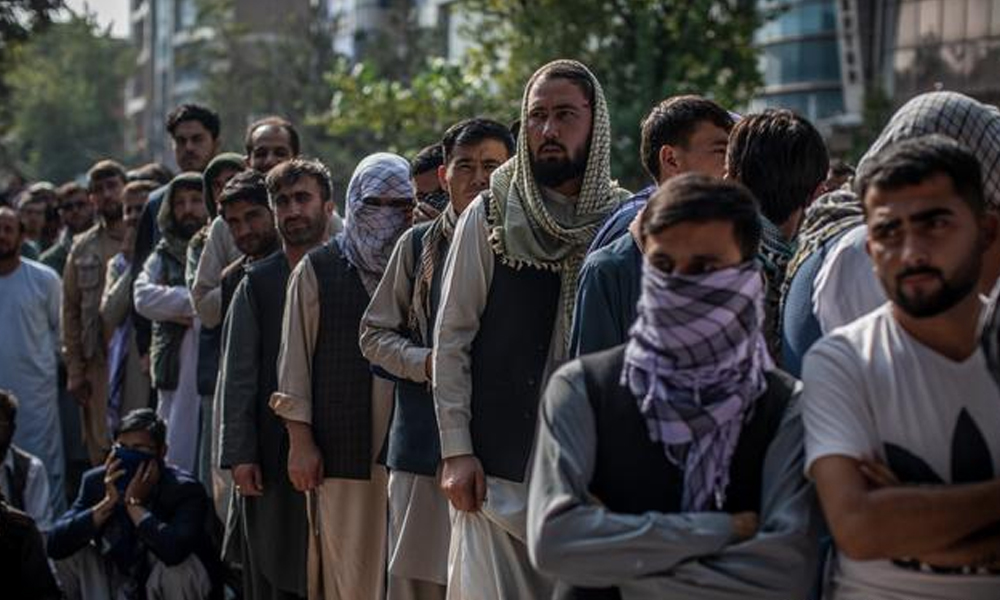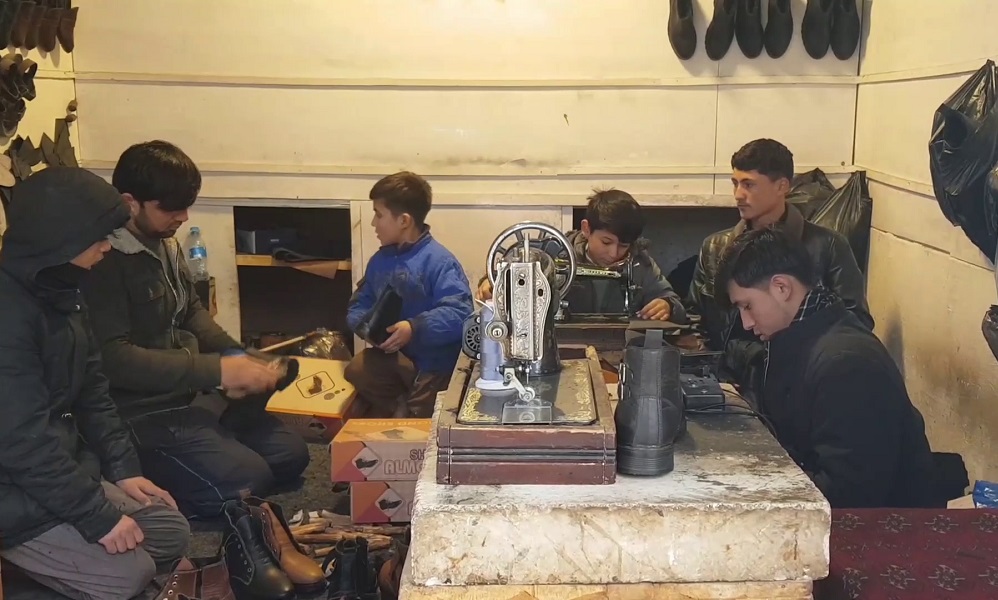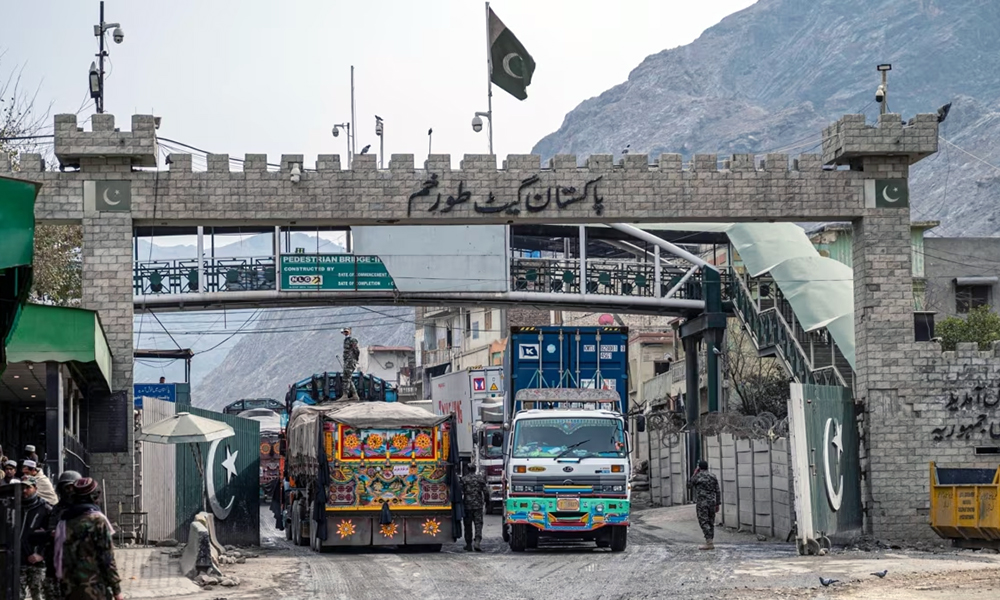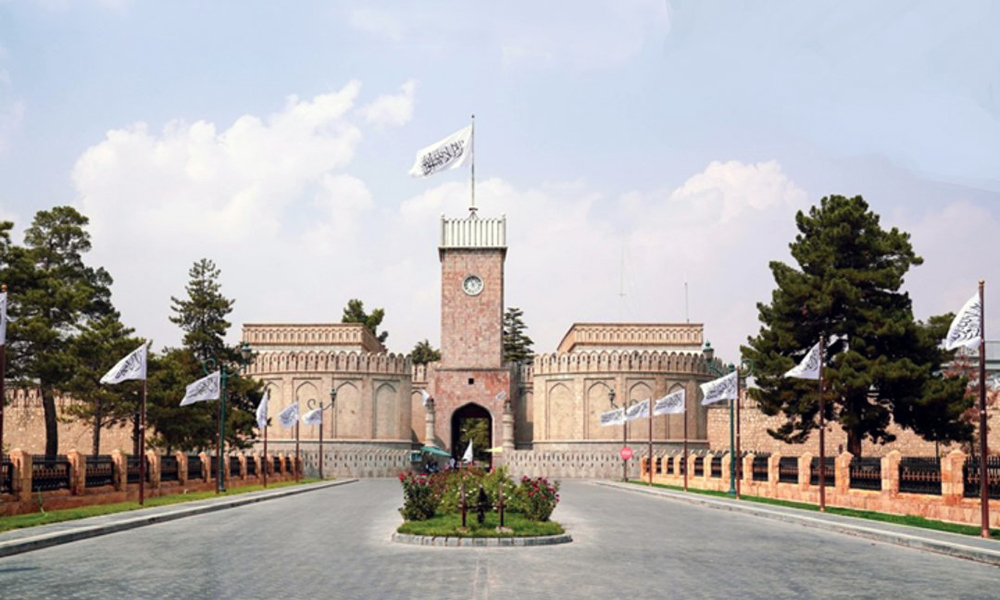Business
SIGAR issues pessimistic economic forecast for Afghanistan

Afghanistan’s economy suffered severe contraction in 2021, with the UN Development Programme (UNDP) and IMF estimating up to a 20–30 percent drop, the US Special Inspector General for Afghanistan Reconstruction (SIGAR) reported.
According to SIGAR’s latest report, annual per capita income is estimated to have fallen from $650 in 2012, to $500 in 2020, and is expected to drop to $350 by 2022.
SIGAR stated that male unemployment in Afghanistan may nearly double from 15.2 percent in 2019 to 29 percent by 2022.
“In the worst-case scenario modeled by the Asian Development Bank, unemployment could increase by more than 40 percent in the short run and household consumption could contract by 44 percent,” read the report.
The devaluation of the afghani has also impacted the Afghan economy and further diminished Afghan households’ ability to purchase food and
other necessary items, because much foreign trade was settled in US dollars.
Since August last year, the afghani has depreciated against the US dollar, from approximately 77 afghani to the dollar to around 105 as of January
2, 2022.
SIGAR also reported that adding to the pressure on the country’s limited cash reserves, Afghanistan lacks the technical capabilities to print its own currency.
According to SIGAR, the IEA has not yet secured or developed a domestic printing source for afghani banknotes.
SIGAR reported that Afghanistan’s largely cash-based economy has continued to struggle with an acute cash shortage since November, which has limited day-to-day economic activities.
“Banks are at the center of a liquidity crisis, with lost access to international financing and depositors attempting to recover their funds,” read the report.
According to a UNDP report, Afghanistan’s banking system is in “existential crisis.” Total deposits had fallen to the equivalent of $2 billion as of
September 2021 from $2.8 billion the month.
As the Afghan economy has struggled to find areas of sustainable economic growth in recent years, the country has increasingly relied on remittances from Afghans working abroad, especially in neighboring Iran.
By 2019, remittances accounted for the equivalent of 4.3 percent of Afghanistan’s annual GDP, an increase from 1.2 percent in 2014, according to World Bank data.
However, officials from the UN’s International Organization for Migration estimate this figure could have been as high as 15–20 percent, given that many remittances are sent through the informal hawala money-transfer system.
According to officials at Médecins Sans Frontières, with the absence of a functioning banking sector, many NGOs have also been forced to rely on
hawalas to pay expenses within Afghanistan.
In November 2021, the IEA announced a complete ban on the use of foreign currency in Afghanistan, interfering with remittance activities and
worsening the country’s liquidity crisis.
However, SIGAR reported that indicators suggest that the currency ban is not being actively enforced against the US dollar, which continues to be widely used in Afghan markets.
Business
Shoemaking industry in Takhar province facing stagnation

A number of shoemakers in northern Takhar province say that while their handmade shoes are of better quality than imported shoes, but still sales are down.
According to them, there were more than 20 shoe-making shops in the past, but now some have been closed due to the decline in sales.
The shoemakers make most of their shoes from leather. A number of industrialists say that this industry is now facing stagnation.
Abdul Raqib, a shoemaking factor owner, said: “The government should support us. Currently, we import soles. It can be made with good quality in Afghanistan, and we could even compete against Turkish shoes.”
Meraj, another shoemaking factory owner, said: “Shoe sales were higher in the republic era. There were military shoes. Sales have declined now, but we still thank Allah.”
Shoemakers make these shoes with basic tools and by hand, with 5 to 8 people working in each shop.
Javed, a shoemaker, said: “Our sales are not so good. We can make any type of shoe or slipper. We want the government to support us.”
A number of Takhar residents say that domestically produced shoes are of high quality and with lower price compared to imported shoes, so people prefer domestic products to foreign products.
Mir Ata, a resident of Takhar, said: “We are very happy about domestic shoes. People should buy it. They are of good quality.”
However, the officials of Takhar Industry and Commerce Department say that they are committed to support the industrialists.
Abdul Rahman Ghaznawi, provincial director of industry and commerce, said: “People prefer domestic shoes and slippers. Takhar’s products are sold in Kunduz, Baghlan and Badakhshan as well.”
Meanwhile, industrialists say that if the government supports them, they will be able to make the best products and can be more competitive.
Business
Daily truck clearances at Torkham drop from 400-500 to 5-10

Pakistan’s Sarhad Chamber of Commerce and Industry (SCCI) has said that daily truck clearances at Torkham crossing have declined from 400-500 to 5-10.
SCCI President Fazal Muqeem Khan said this at the signing ceremony of a memorandum of understanding (MoU) with the Pakistan-Afghanistan Joint Chamber of Commerce and Industry to promote bilateral trade and cooperation.
He said the volume of trade between Pakistan and Afghanistan had fallen from $3 billion to $1 billion annually.
Fazal Muqeem also highlighted the adverse impact of the 2% Infrastructure Development Cess (IDC) imposed by the Khyber-Pakhtunkhwa government on trade and transit.
Business
Turkish scholars, charity officials assess investment prospects in Afghanistan
Officials pledged to encourage Turkish investors to explore and capitalize on investment opportunities in Afghanistan

Afghanistan’s Acting Minister of Energy and Water, Mullah Abdul Latif Mansoor, met with a delegation of Turkish scholars and officials from the Adif Charity Foundation on Tuesday to discuss various political, religious, and social issues.
According to the Ministry of Energy and Water, Mullah Mansoor praised Adif’s humanitarian efforts in Afghanistan and highlighted the country’s ample resources for energy production.
He emphasized that Afghanistan currently offers a favorable environment for investment in all sectors, assuring the Turkish delegation of the Islamic Emirate’s commitment to ensuring the safety and security of investors and their assets.
In response, Adif officials pledged to encourage Turkish investors to explore and capitalize on investment opportunities in Afghanistan, signaling a potential boost in economic and developmental cooperation between the two nations.
-

 Sport4 days ago
Sport4 days agoZimbabwe’s opening ODI against Afghanistan abandoned
-

 World4 days ago
World4 days agoNorth Korean troops suffer 100 deaths, struggling in drone warfare, South Korea says
-

 Latest News2 days ago
Latest News2 days agoAfghan men must stand with women to support viable future of country: US envoy
-

 Latest News3 days ago
Latest News3 days agoTwo horror accidents on Kabul-Kandahar highway leave 52 dead
-

 Sport3 days ago
Sport3 days agoAfghanistan crush Zimbabwe by 232 runs in second ODI
-

 Regional5 days ago
Regional5 days agoIran’s president to make rare visit to Egypt for D-8 summit
-

 International Sports4 days ago
International Sports4 days agoLanka T10: Kandy Bolts in at 4th spot in playoffs after thrilling day
-

 World4 days ago
World4 days agoNATO takes over coordination of military aid to Kyiv from US, source says
























